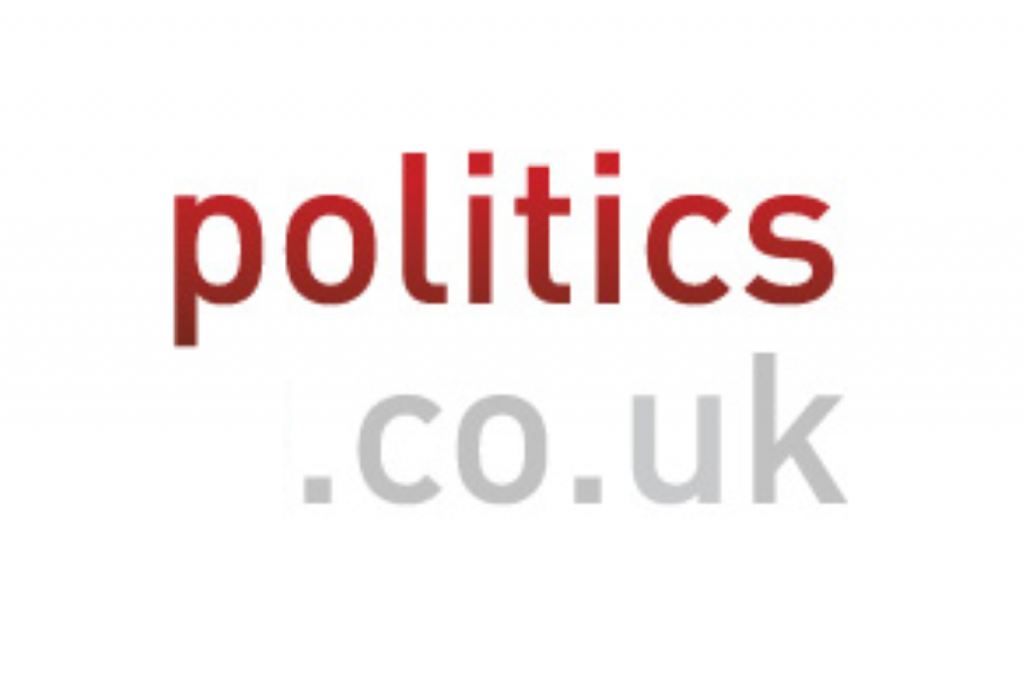Clarke attacks Tory ‘bigotry’
Charles Clarke today accused the Conservatives of turning the general election into the most “unpleasant and pernicious” campaign ever seen.
The home secretary told delegates at the Labour conference that Tory leader Michael Howard had attempted to “mobilise prejudice and bigotry” over immigration and asylum in an “absolutely cynical way”.
In a wide-ranging speech, Mr Clarke also vowed to “tackle terrorism head on”, and reinforced the government line that it was not British involvement in Iraq that had made Britain a target, but more its fundamental values.
And he underlined the government’s belief in the need for ID cards, which are opposed by many within the Labour party.


On the general election, Mr Clarke said the Conservatives had sought to turn legitimate debate on immigration, violent crime, anti-social behaviour and penal policy into “ill-informed and ignorant abuse”.
“It was characterised by the most unpleasant and pernicious campaigning by any major political party that I have seen,” he said.
“Michael Howard attempted in an absolutely cynical way to mobilise prejudice and bigotry in the Conservative party interest.”
Mr Clarke said he was determined to never again allow such “irresponsible and dangerous behaviour” to play a dominant role in the campaign, and therefore resolved to put in place a fair system of immigration and asylum, eliminate anti-social behaviour and deliver a penal and criminal justice system that was focused on “promoting effective justice and preventing reoffending”.
On terrorism, Mr Clarke said it needed to be challenged “with every weapon at our disposal”.
He added: “It is not some particular government policy decision, or even some overall policy stance, which we could change and somehow remove our society from their firing line.
“Theirs is a nihilism which means that we would only cease to be their target if we were to renounce all those values of freedom and liberty which this party and so many more have fought to extend over decades.”
He also stressed that the “right to be protected from the death and destruction caused by indiscriminate terrorism is at least as important as the right of the terrorist to be protected from torture and ill-treatment.”
And he resolved to take tough measures to tackle terrorists, including outlawing acts preparatory to terrorism and terrorist training, and confronting the environment that breeds terrorism.
“We face an extremism that knows no bounds, a hatred unfettered by compassion or by the understanding of the worth of human life,” he said.
“In the face of this threat, we must act to defend our values, both by tough measures to confront terrorism directly, and by policies to remove the extremism that fosters it.”
Turning to ID cards, the home secretary again put the government’s case, emphasising that there were already enormous databanks of information about all of us held by financial institutions, employers and others.
He said an up-to-date ID card system would make transactions such as opening a bank account and taking out a mortgage easier, as well as providing an effective mechanism to tackle crime.
“It will not remove civil liberties but will give an individual greater control over his identity. It will not create the Big Brother state, it will help to control it,” he maintained.
Mr Clarke also detailed plans to reform the police at several levels, and stressed his commitment to dedicated community policing.
He said reducing offending had to be the central goal of offender management, and that the government’s approach would be based on a thorough and systematic assessment of an individual’s needs.

